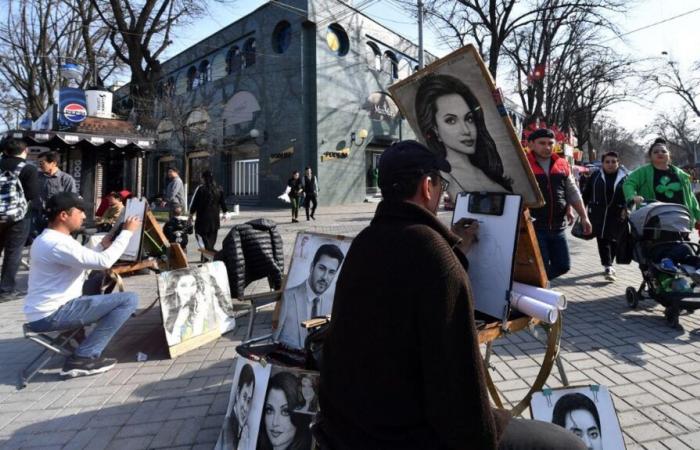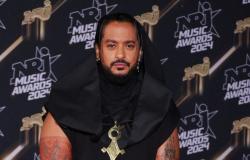The authorities in Uzbekistan will soon introduce a “moral examination” to the content of media, songs or even films before their publication, announced a state press agency. “It is very important to prevent the dissemination of media content that harms the education of young people and our national mentality,” reported, Monday, November 11, 2024, the Khabar news agency, mouthpiece of the Uzbek Ministry of Communications, citing a report from several state authorities.
“A moral review procedure will be introduced for television and radio channels, social networks, television series, cartoons, films, songs and clips,” continues the Khabar agency.
This report asks “to analyze compliance” of the targeted content and their “compatibility level” with the values of Uzbekistan, a former secular Soviet republic of around 35 million inhabitants with a Muslim majority. Without detailing, the text promises that “measures will be taken to prevent the dissemination of media products threatening the education of young people and the national mentality”, in this Central Asian country with still authoritarian reflexes despite promises of liberalization.
According to Khabar, this decision was made by the Ministry of Culture, the Center for Spirituality and Education, the Uzbek Media Association and an agency that oversees “the unification of state information policy”, organ for a time headed by one of President Chavkat Mirziyoyev's daughters.
This announcement comes as Uzbek artists have already been prosecuted by the state, notably due to “inappropriate outfits” worn by women. And according to a draft law, each performance of artists on stage must be previously validated by the authorities.
President Chavkat Mirzioyev, who came to power in 2016 following the death of his predecessor Islam Karimov, carried out several liberal reforms to break with the isolation of the Uzbek regime, long banned by the international community for its repression of civil society.
Uzbekistan has succeeded in attracting foreign investment and developing tourism, but the political opposition remains non-existent, civil society almost non-existent, while the press and the economy are still mainly controlled by the state.
The country fell back in the world press freedom ranking established by Reporters Without Borders after a short period of improvement following the election of Chavkat Mirziyoyev in 2016, ranked in 2024 in 148th position out of 180 countries.






